Battery News
-
Smoothing Over Rough Edges in Batteries
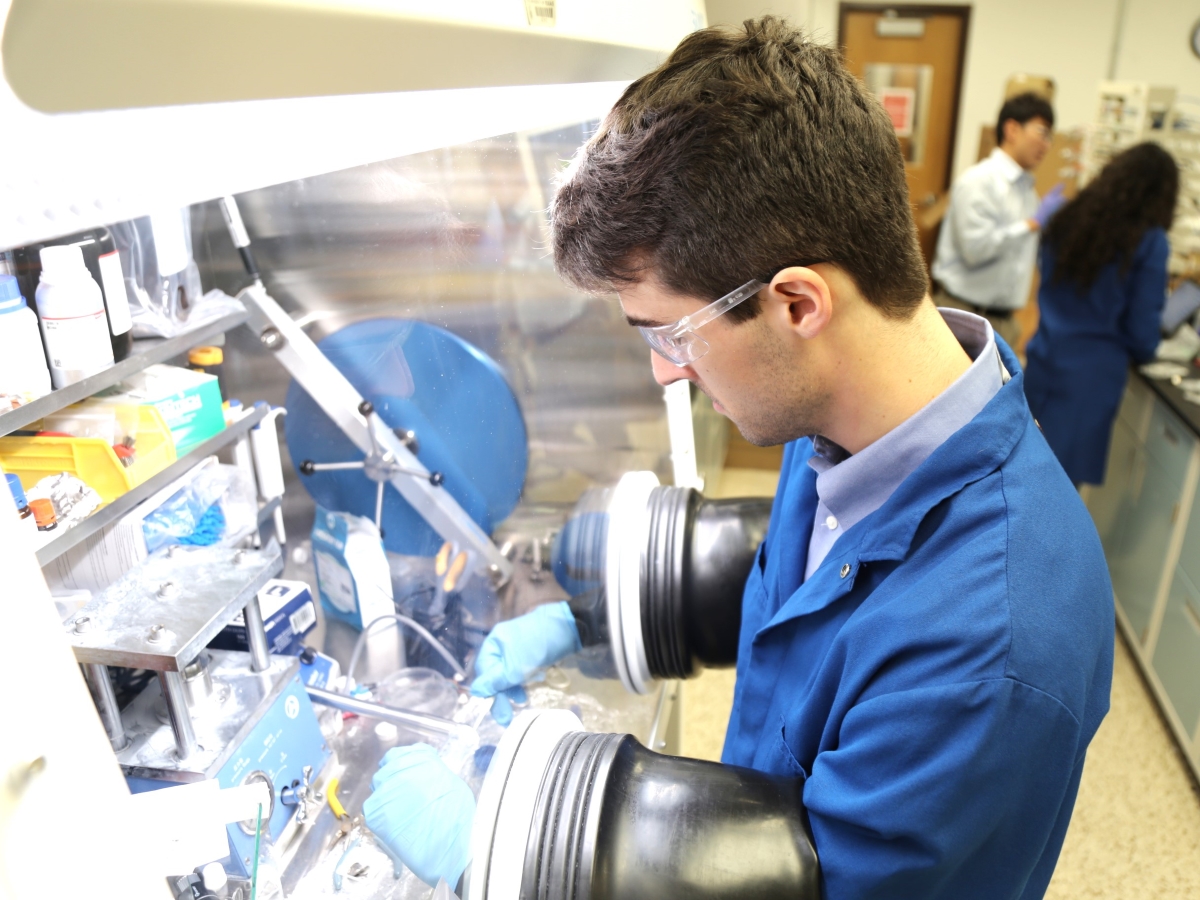
Texas Engineers have discovered a new phenomenon in modern batteries, one that could be used to improve their life cycles.
-
A Path to Safer, High-Energy Electric Vehicle Batteries
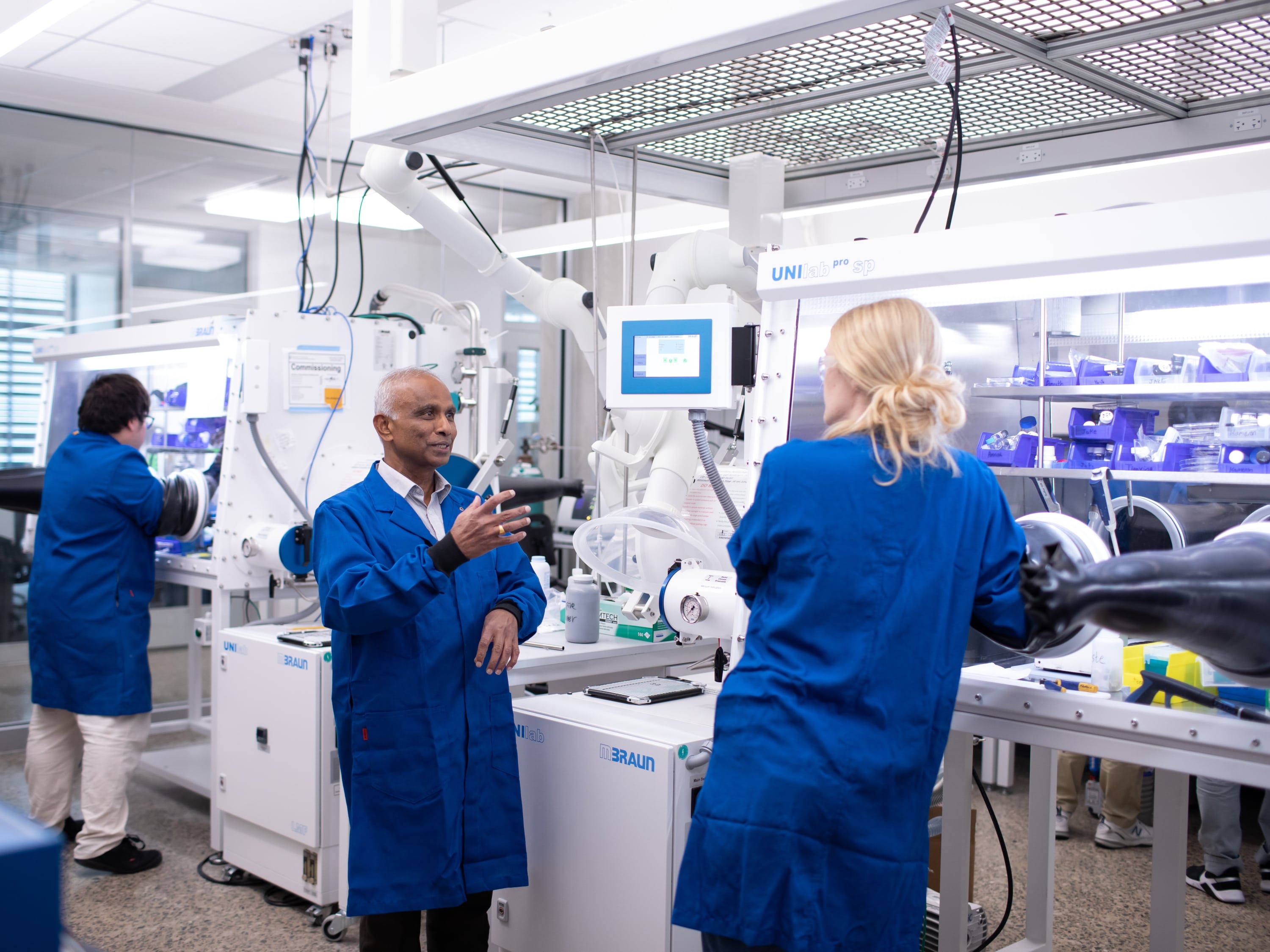
A new study dives deep into nickel-based cathodes, one of the two electrodes that facilitate energy storage in batteries, to improve electric vehicles.
-
Why Your Headphone Battery Doesn't Last
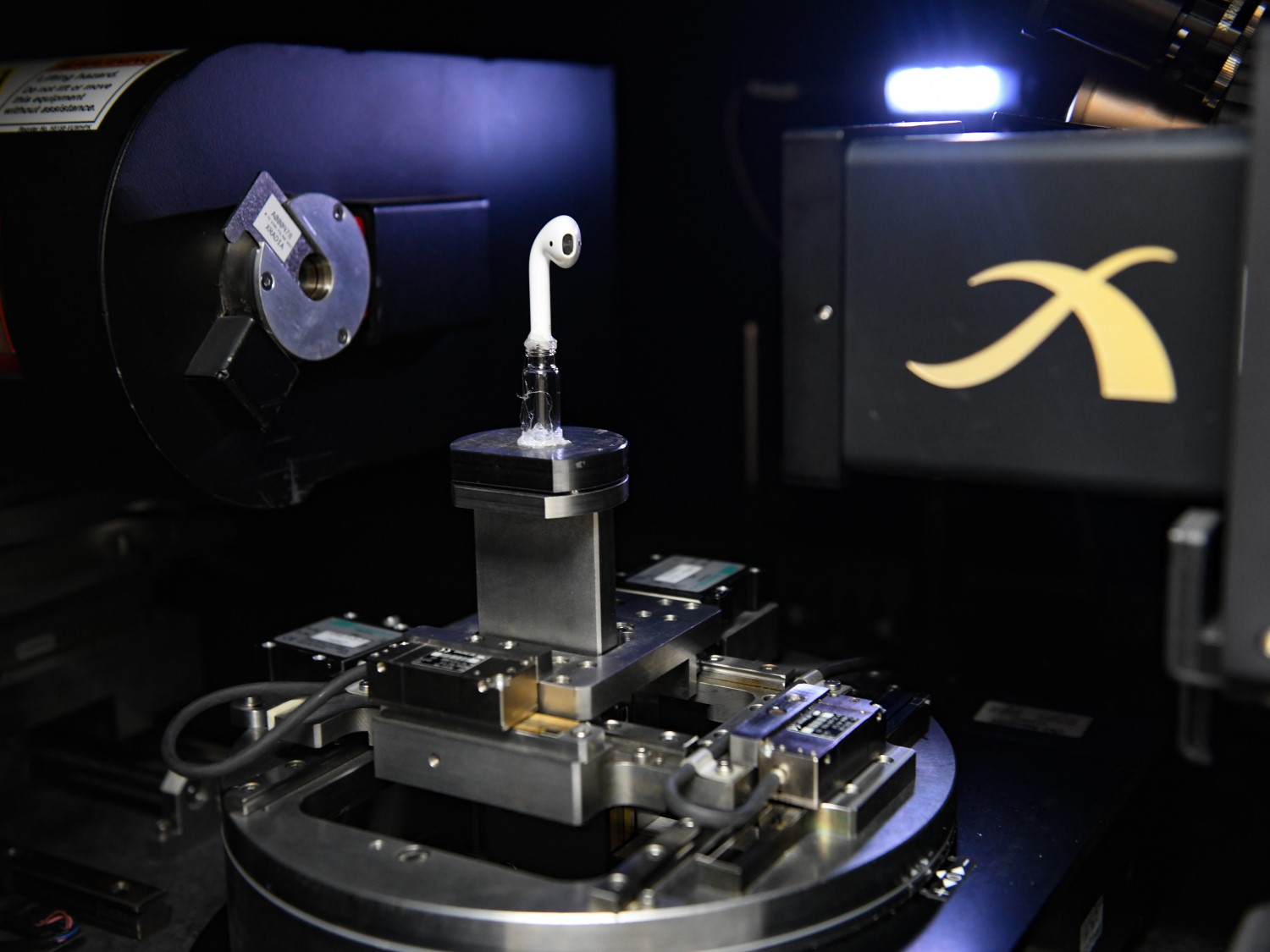
Texas Engineers took on the well-known battery challenge of degradation in a real-world technology that many of us use daily: wireless earbuds.
-
Inventing the Rechargeable World
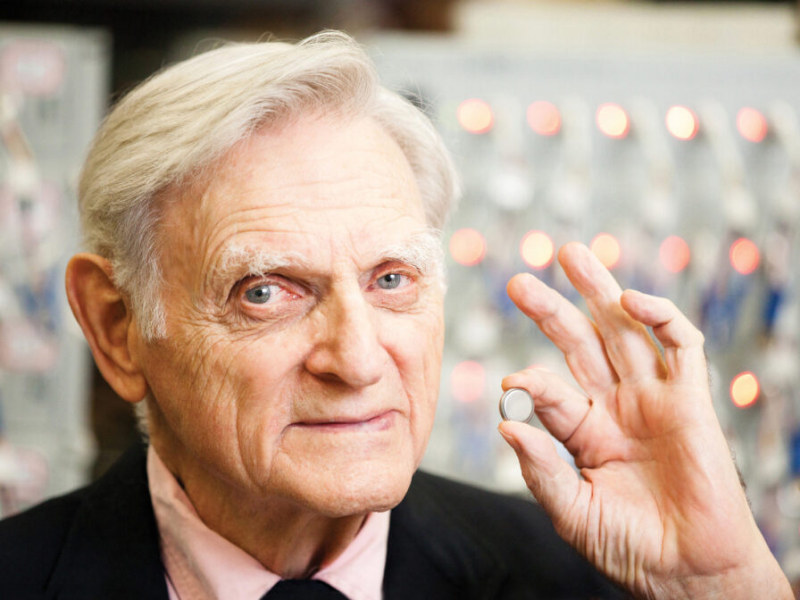
John Goodenough was awarded the 2019 Nobel Prize in Chemistry for his pioneering development of the lithium-ion battery.
-
Noble Nobel
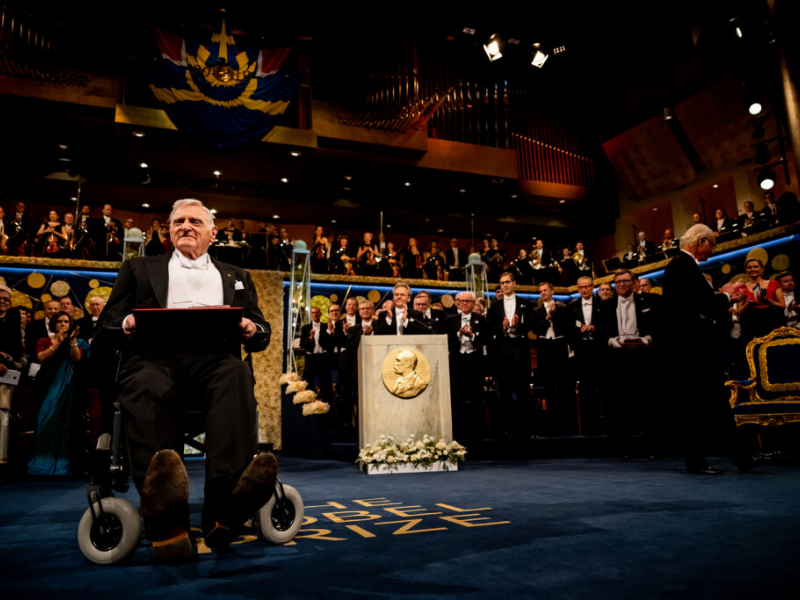
The world learned on October 9, 2019, that John Goodenough had won the Nobel Prize in Chemistry for his contributions to the development of the lithium-ion battery.
-
Battery U
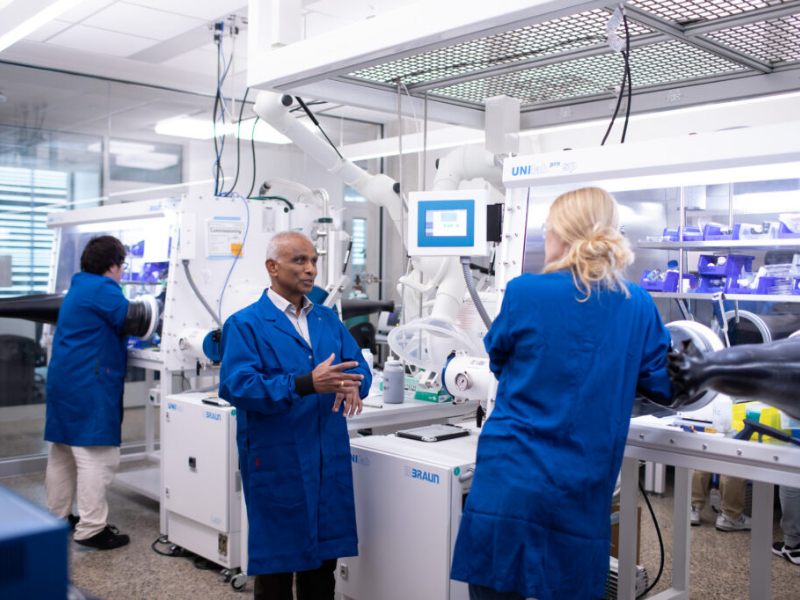
The University of Texas at Austin has emerged as a leader in batteries and energy storage, fueled by top-tier faculty and students and investment in technology and facilities.
-
Fire-Resistant Sodium Battery Balances Safety, Cost and Performance

A sodium battery developed by researchers at The University of Texas at Austin significantly reduces fire risks from the technology, while also relying on inexpensive, abundant materials to serve as its building blocks.
-
Cockrell Battery Experts Team with John Deere to Electrify Farm and Construction Vehicles
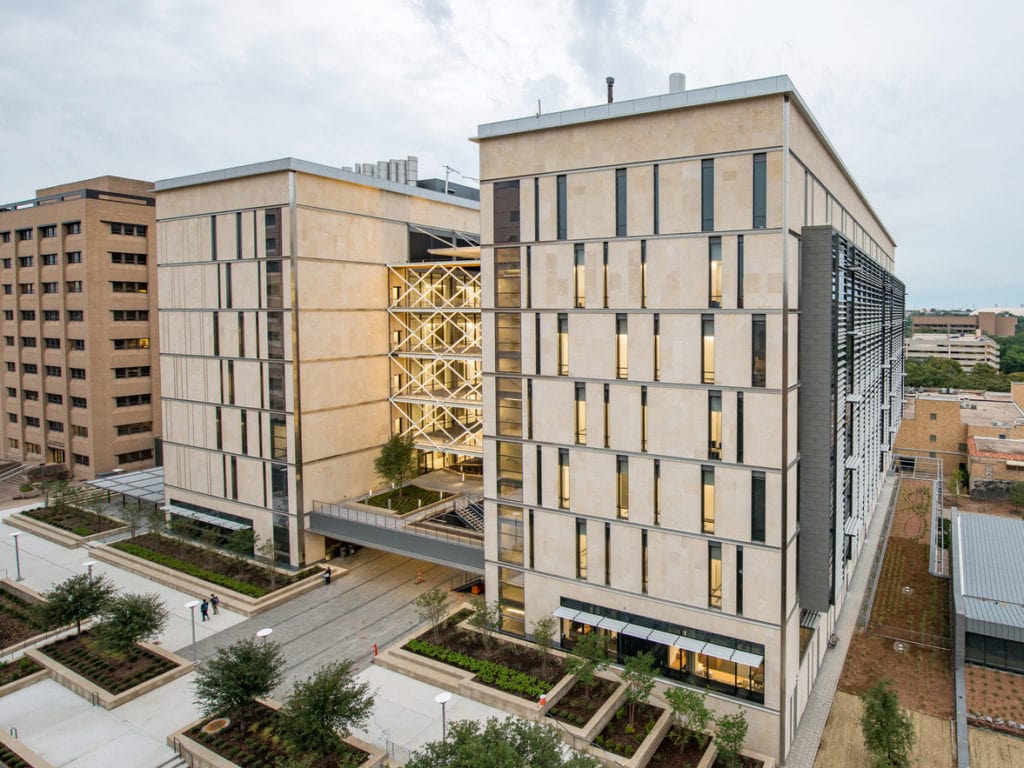
Texas Engineers are working with John Deere to develop technologies to electrify agriculture vehicles like tractors.
-
Sandpaper X-ray Technique Could Change How Batteries Are Monitored

One of the newest Texas Engineers has developed a low-cost method for using x-ray tech to capture images inside batteries and then deploying a software algorithm to fill in the blanks. Instead of an x-ray lense that may cost hundreds of thousands of dollars, this new research uses a couple sheets of sandpaper to structure the illumination in a sample in a way that allows for detailed mapping at the nanoscale.
-
Revving Up EV Battery Technology: NSF's Commercialization Program Sparks Innovation
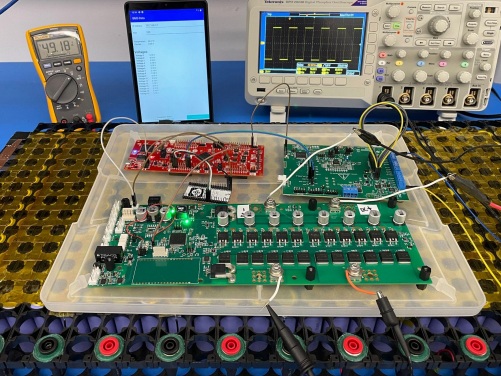
A new battery technology is poised to boost electric vehicle capabilities by increasing how far a vehicle can go on a single charge and enabling more sustainable transportation. It could help usher in a future where electric vehicles play a major role in redefining mobility and environmental responsibility.
-
Crack Formation in EV Battery Electrodes Unraveled
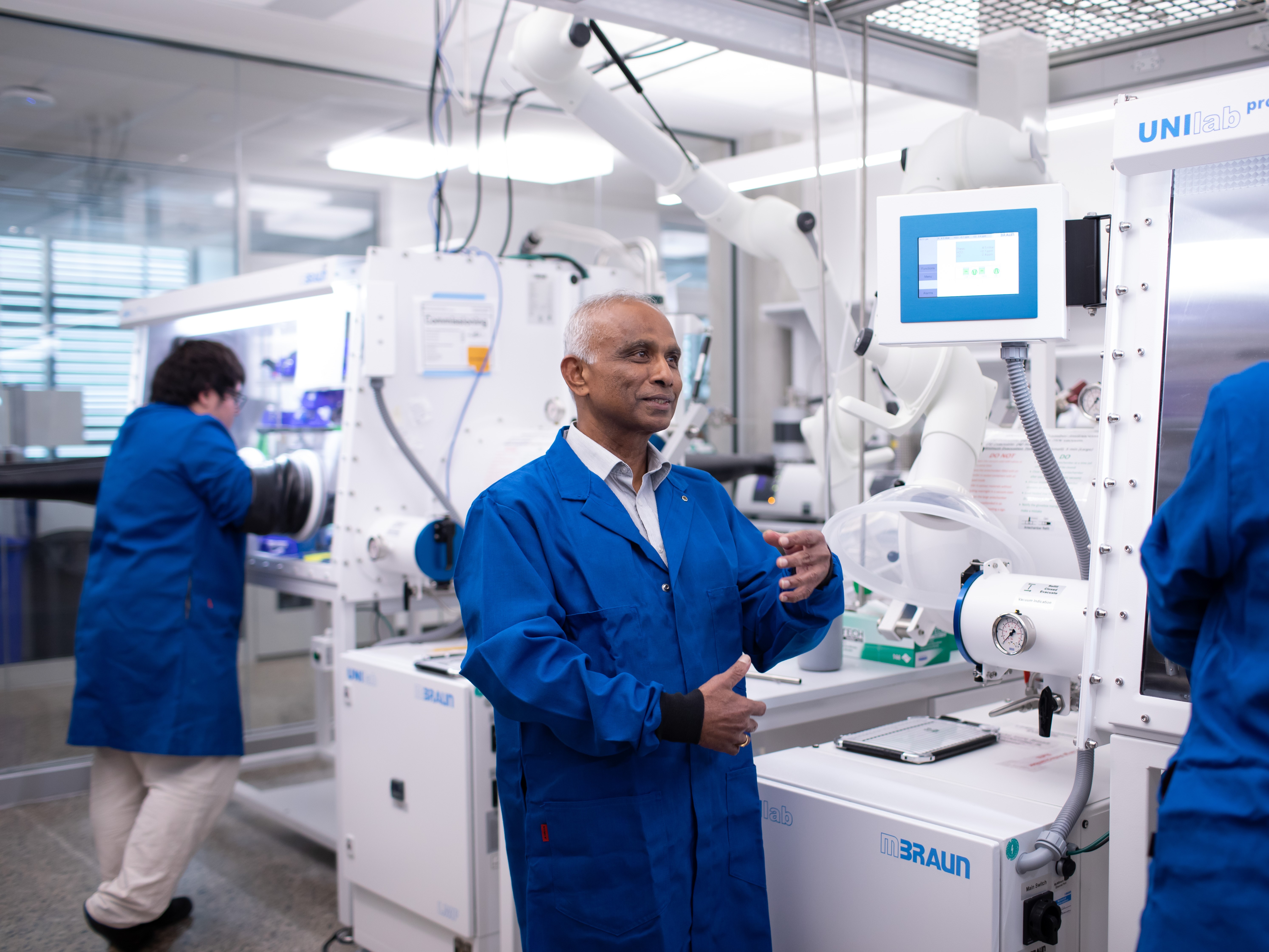
Battery experts at The University of Texas at Austin have shed new light on a critical issue facing battery components commonly used in electric vehicles.
-
Goodenough Spinout Gets Discovery to Impact Investment
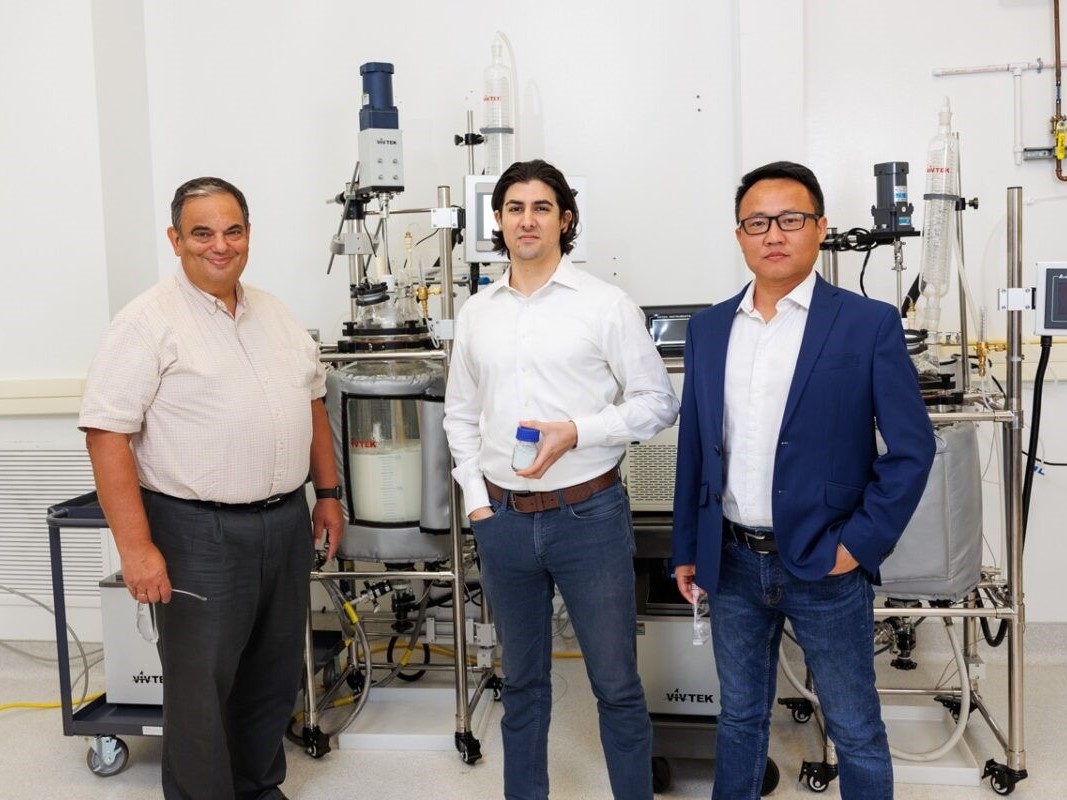
A startup born out of the late 2019 Nobel laureate Professor John Goodenough’s lab that is developing a cost-effective alternative to lithium-ion batteries is getting support from Discovery to Impact, The University of Texas at Austin's research commercialization group.
-
Guihua Yu Recognized as Blavatnik National Awards Honoree
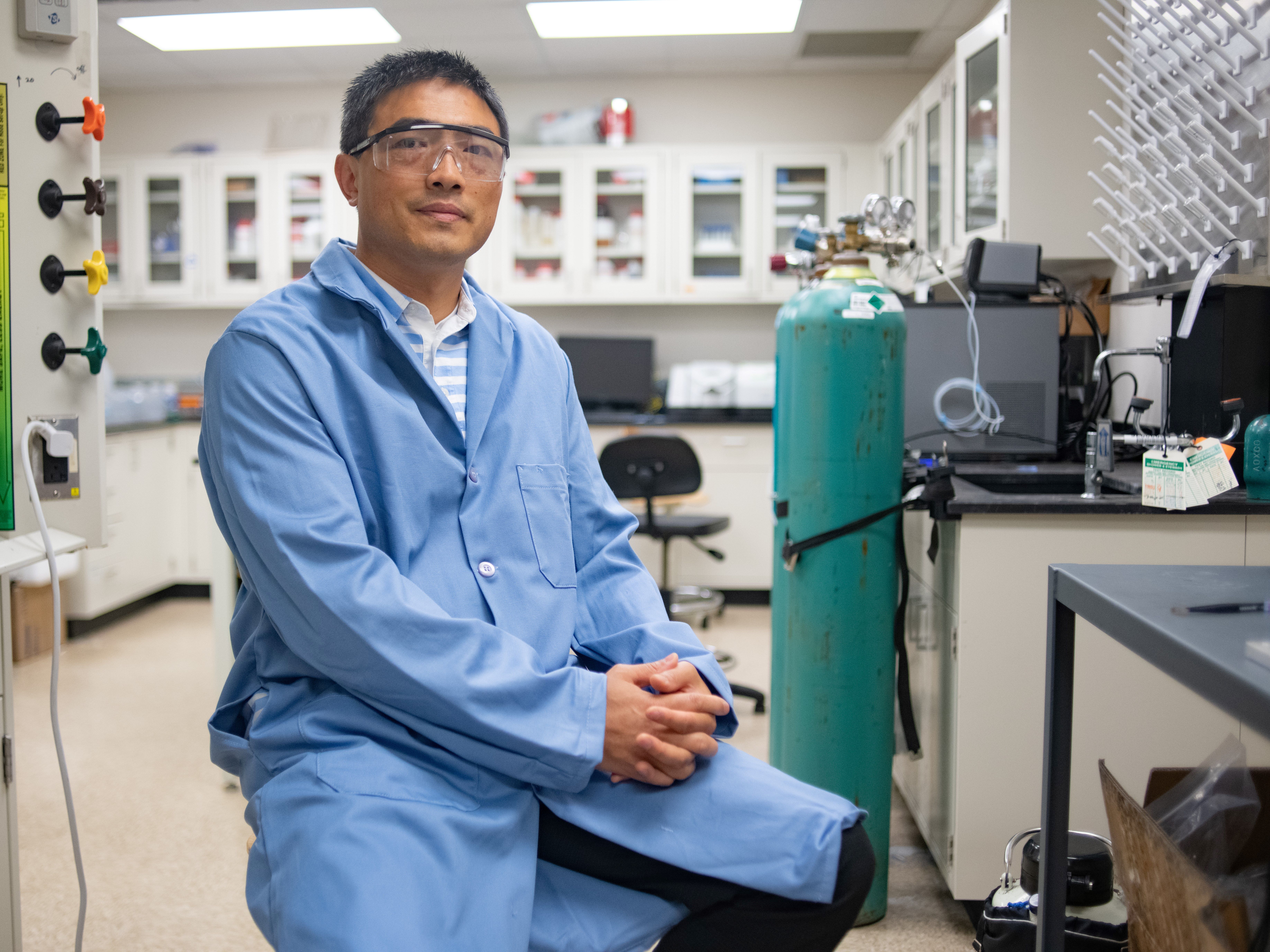
Guihua Yu was one of 28 U.S. researchers under the age of 42 to be named as finalist honorees for the Blavatnik National Awards for Young Scientists, announced by New York Academy of Sciences.
-
UT Mourns Lithium-Ion Battery Inventor and Nobel Prize Recipient John Goodenough
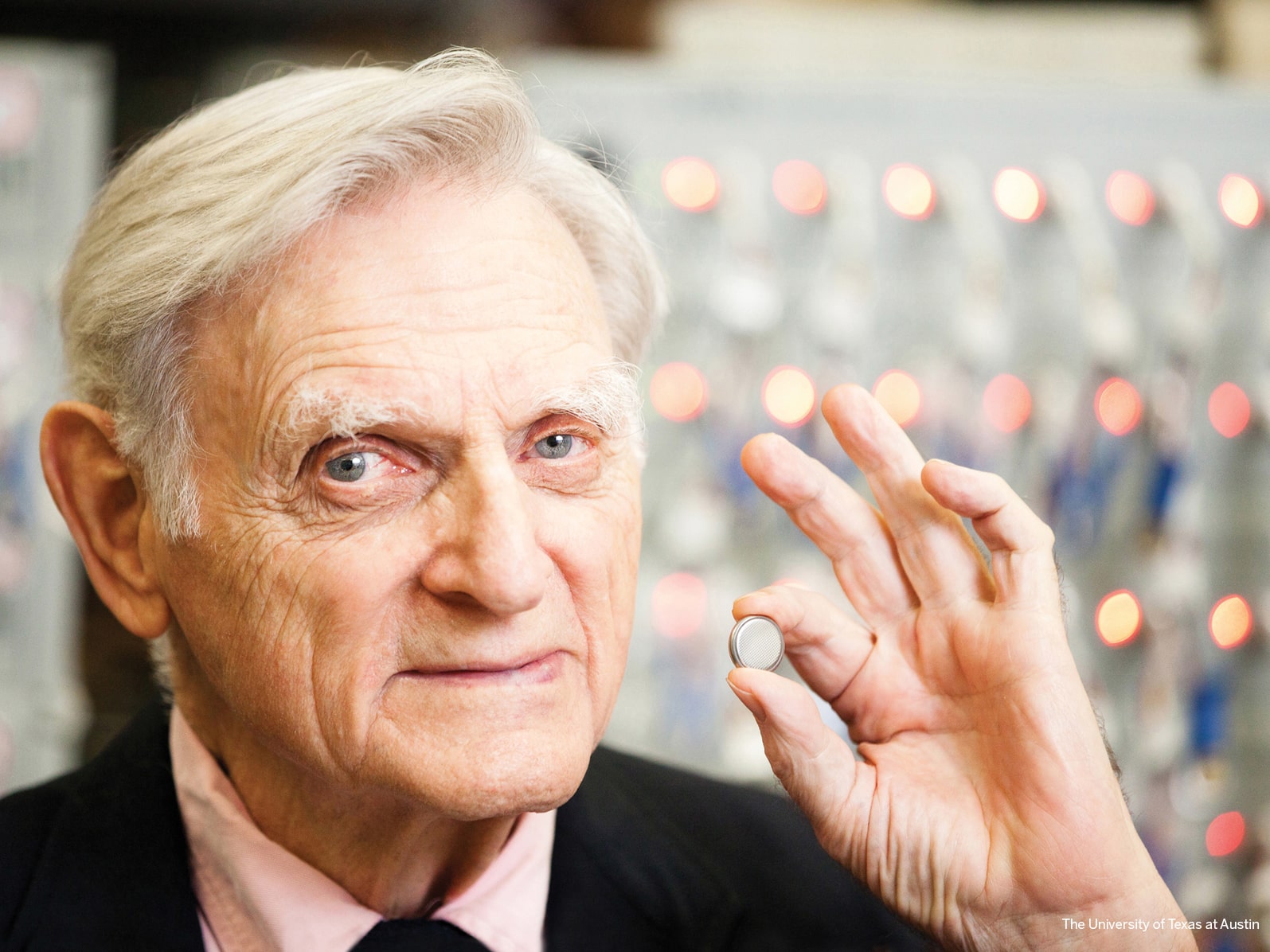
John B. Goodenough, professor at The University of Texas at Austin who is known around the world for the development of the lithium-ion battery, died Sunday at the age of 100. Goodenough was a dedicated public servant, a sought-after mentor and a brilliant yet humble inventor.
-
Magnetic Field Helps Thick Battery Electrodes Tackle Electric Vehicle Challenges
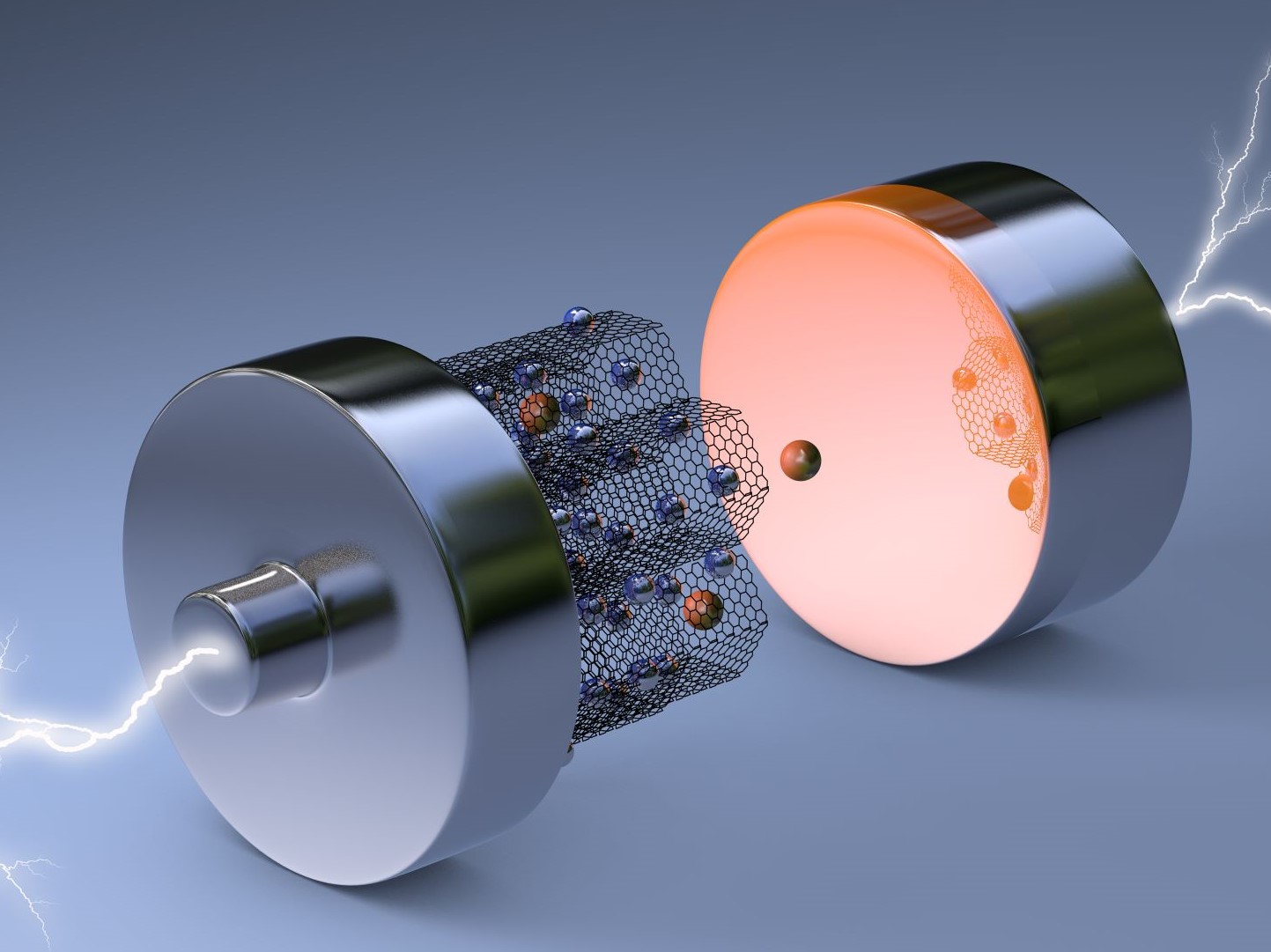
As electric vehicles grow in popularity, the spotlight shines more brightly on some of their remaining major issues. Researchers at The University of Texas at Austin are tackling two of the bigger challenges facing electric vehicles: limited range and slow recharging.
-
John Goodenough Turns 100
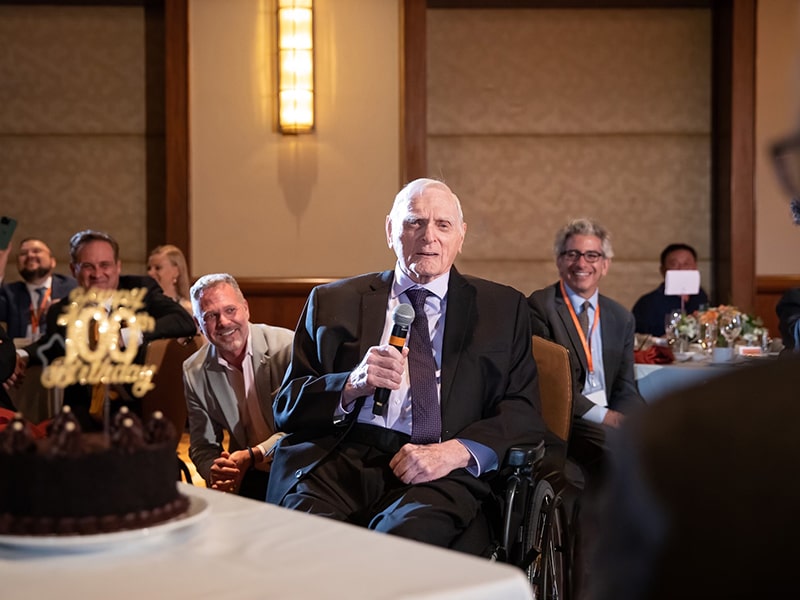
John Goodenough has been a part of rarified air for decades now. And this week he joined another exclusive club. The lithium-ion battery pioneer and Nobel Prize winner turned 100. To celebrate, battery leaders from around the globe, many of whom have been influenced by Goodenough's breakthroughs, gathered virtually and in person at a symposium at The University of Texas at Austin to share stories and discuss the next generation of battery research.
-
Guihua Yu Named Finalist in 2022 Blavatnik National Awards for Young Scientists
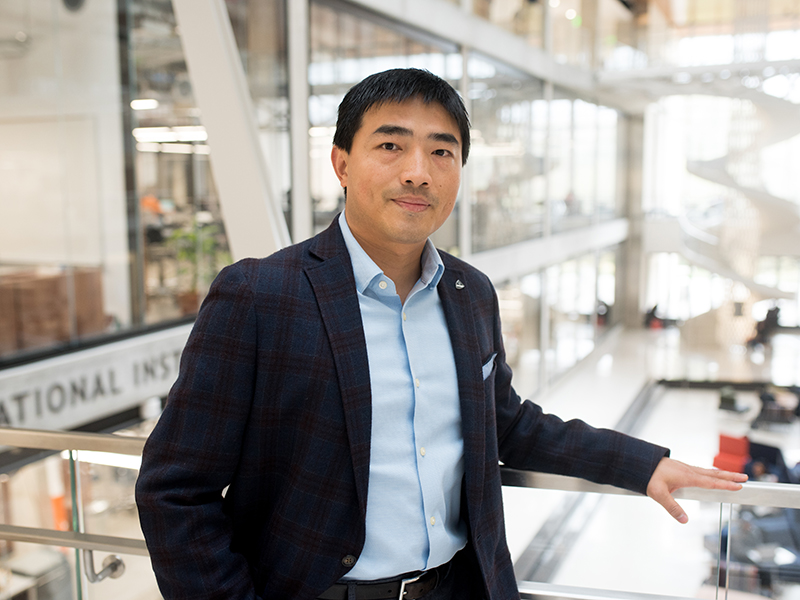
A pair of professors from The University of Texas at Austin were selected as finalists for the 2022 Blavatnik National Awards for Young Scientists. Guihua Yu, a professor of materials science and mechanical engineering in the Cockrell School of Engineering, was chosen as a finalist in the physical science and engineering category. And Jason McLellan, a molecular sciences professor in the College of Natural Sciences, was chosen as a finalist in the chemistry category.
-
Alumna Jodie Lutkenhaus Honored by TAMEST for Pioneering the Future of Non-metal Energy Storage

Jodie L. Lutkenhaus (B.S. Chemical Engineering 2002), professor in the Artie McFerrin Department of Chemical Engineering at Texas A&M University and alumna of the Cockrell School's McKetta Department of Chemical Engineering, is the recipient of the 2022 Edith and Peter O’Donnell Award in Engineering from The Academy of Medicine, Engineering and Science of Texas (TAMEST). She was chosen for her innovation and development of redox active polymers for metal-free energy storage and smart coatings.
-
UT Battery Leaders Get Funding for Next-Generation Research
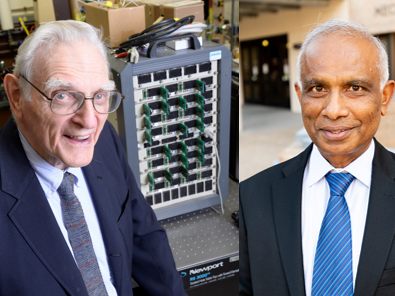
A research team from The University of Texas at Austin featuring battery luminaries John Goodenough and Arumugam Manthiram has secured a grant as part of the Battery500 consortium to continue their groundbreaking work.
-
Sodium-based Material Yields Stable Alternative to Lithium-ion Batteries
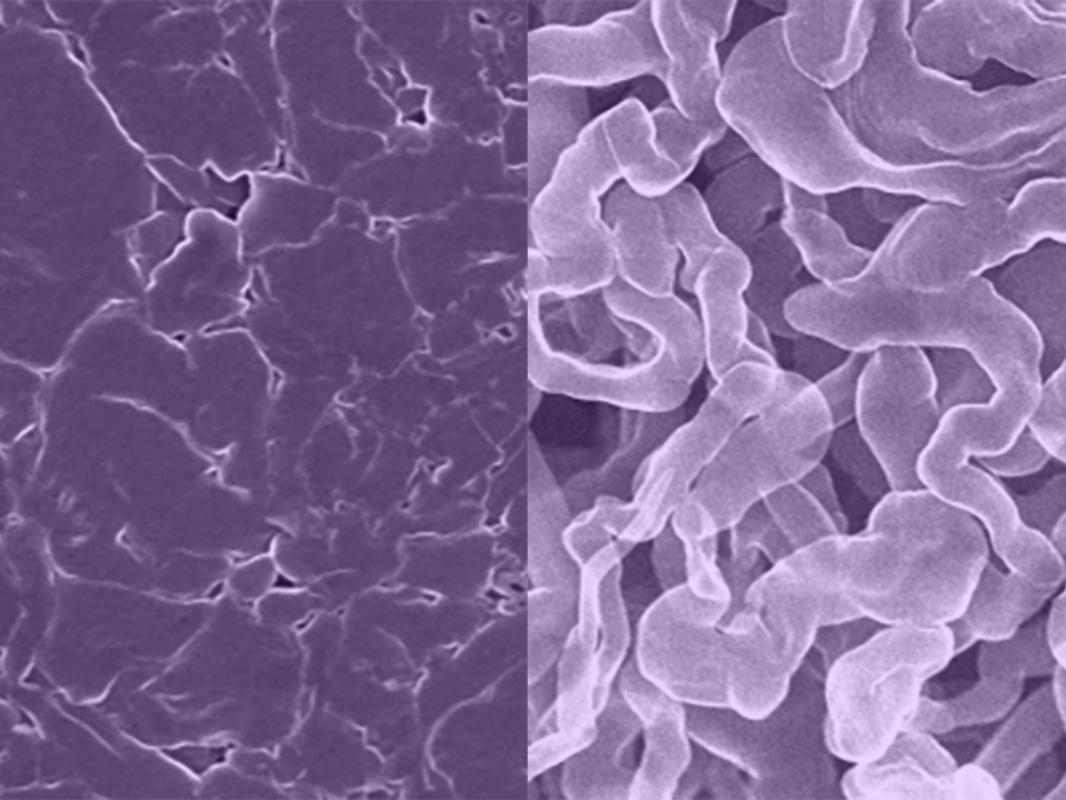
University of Texas at Austin researchers have created a new sodium-based battery material that is highly stable, capable of recharging as quickly as a traditional lithium-ion battery and able to pave the way toward delivering more energy than current battery technologies.







